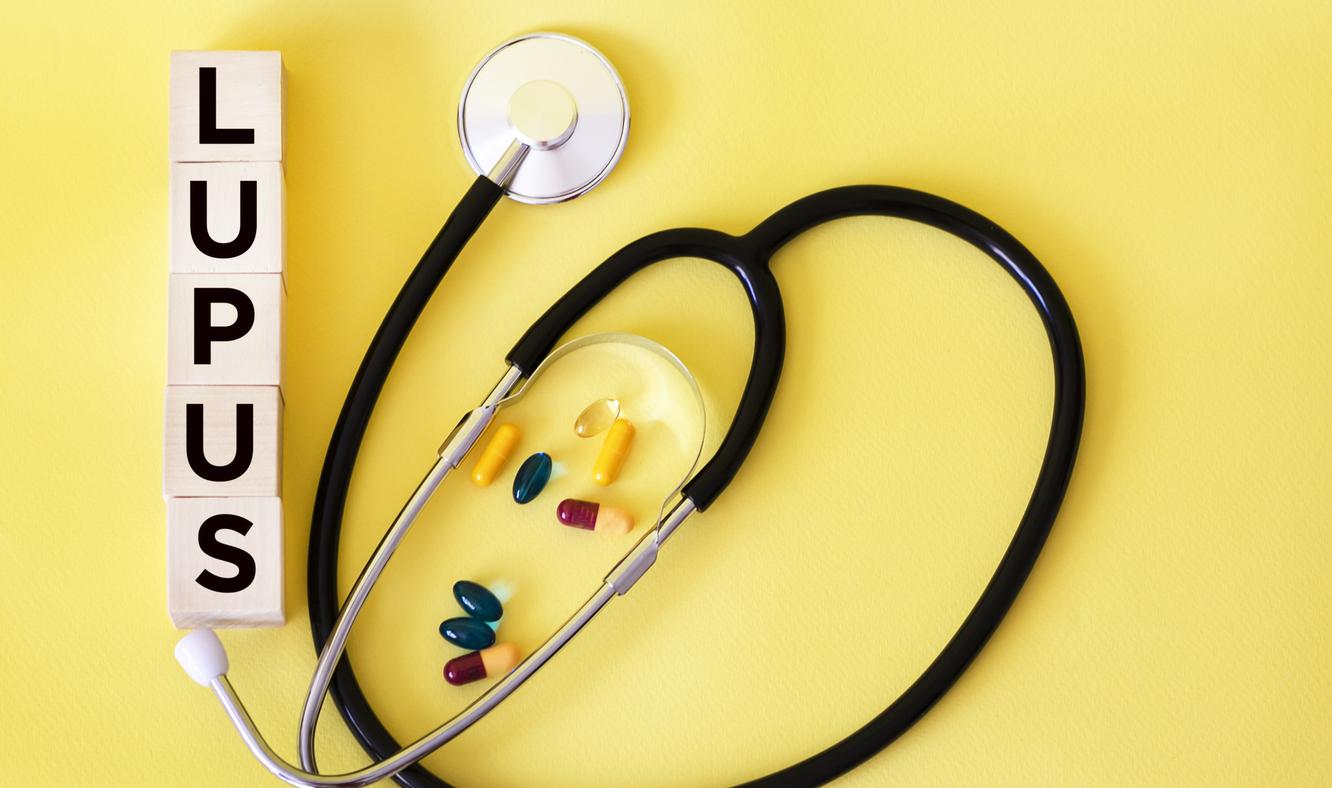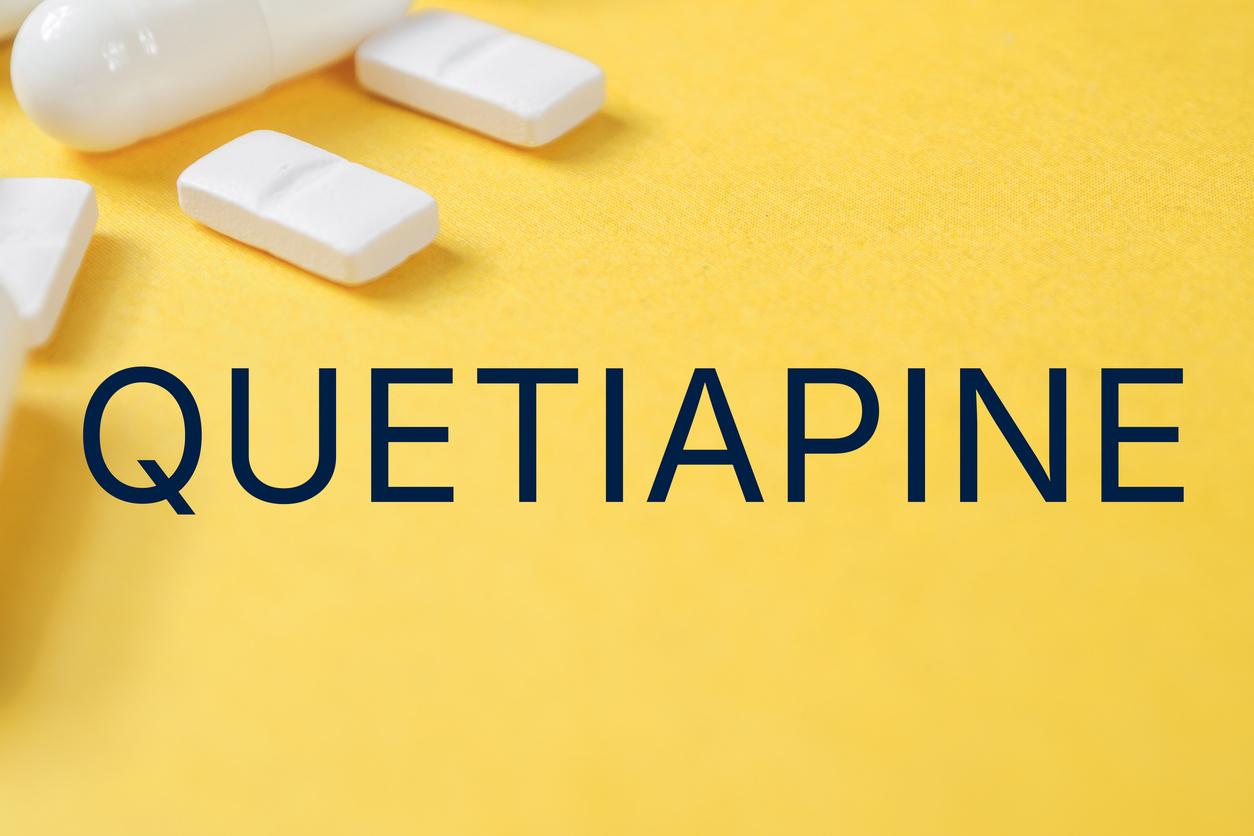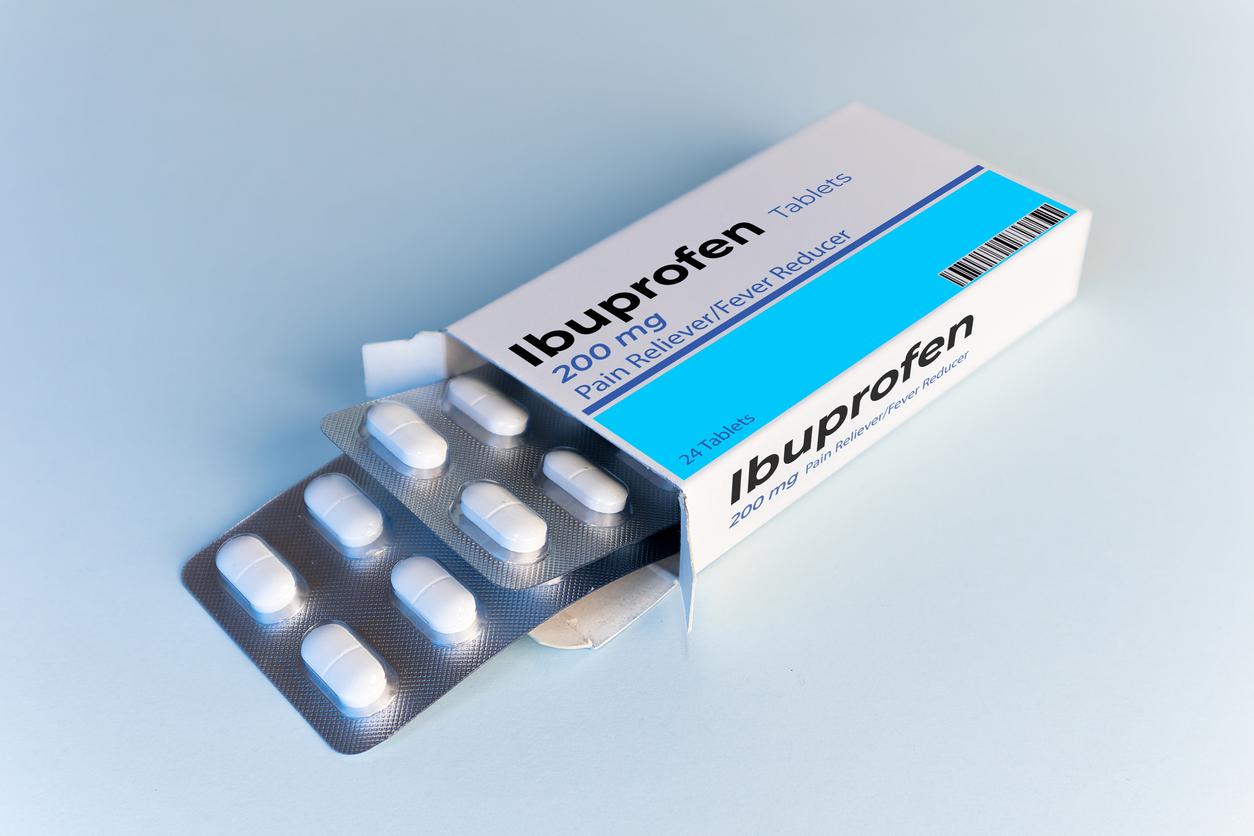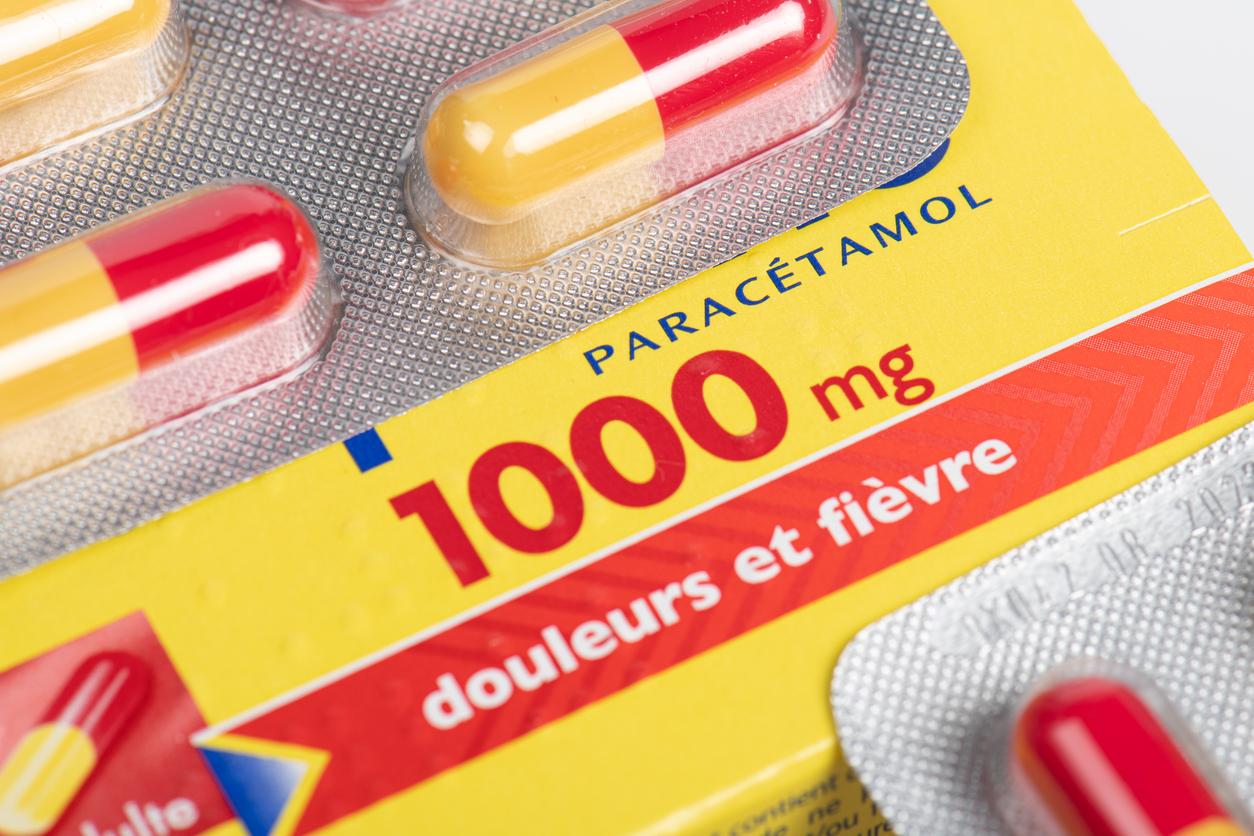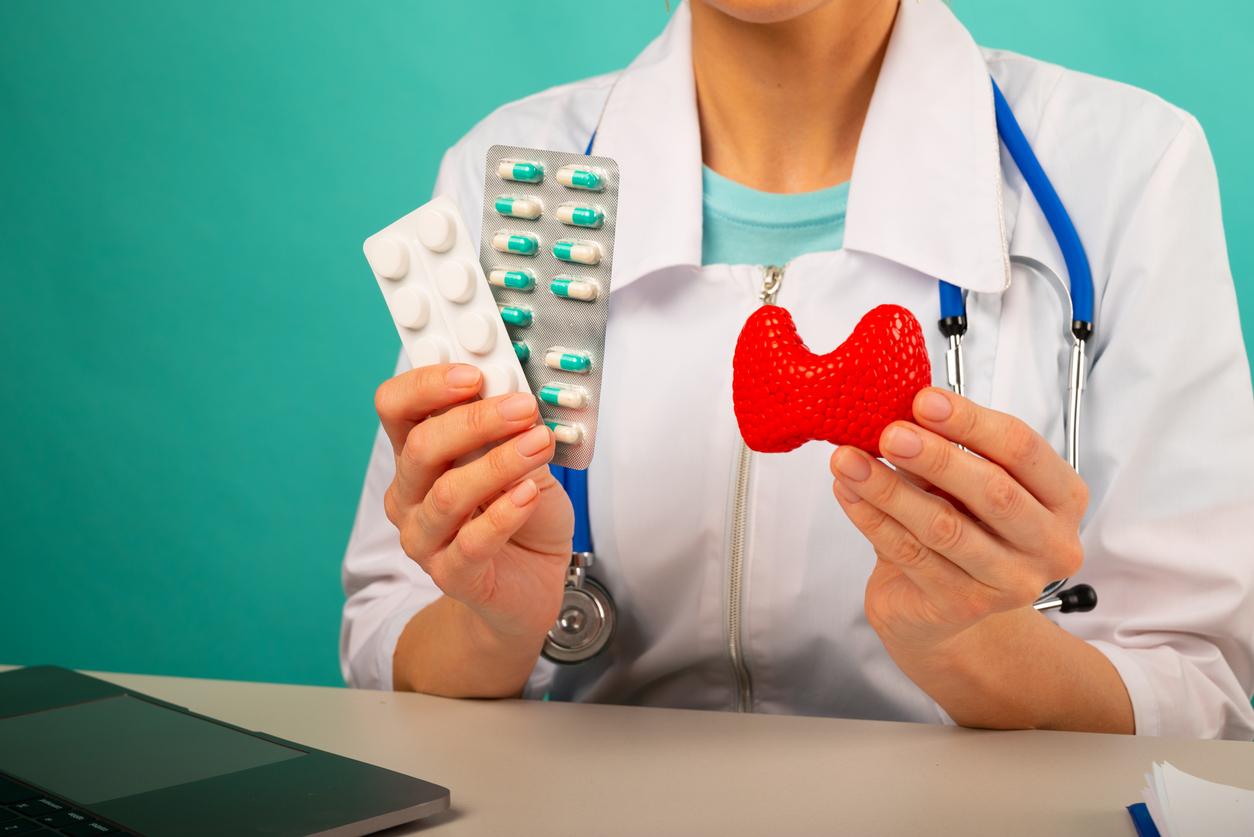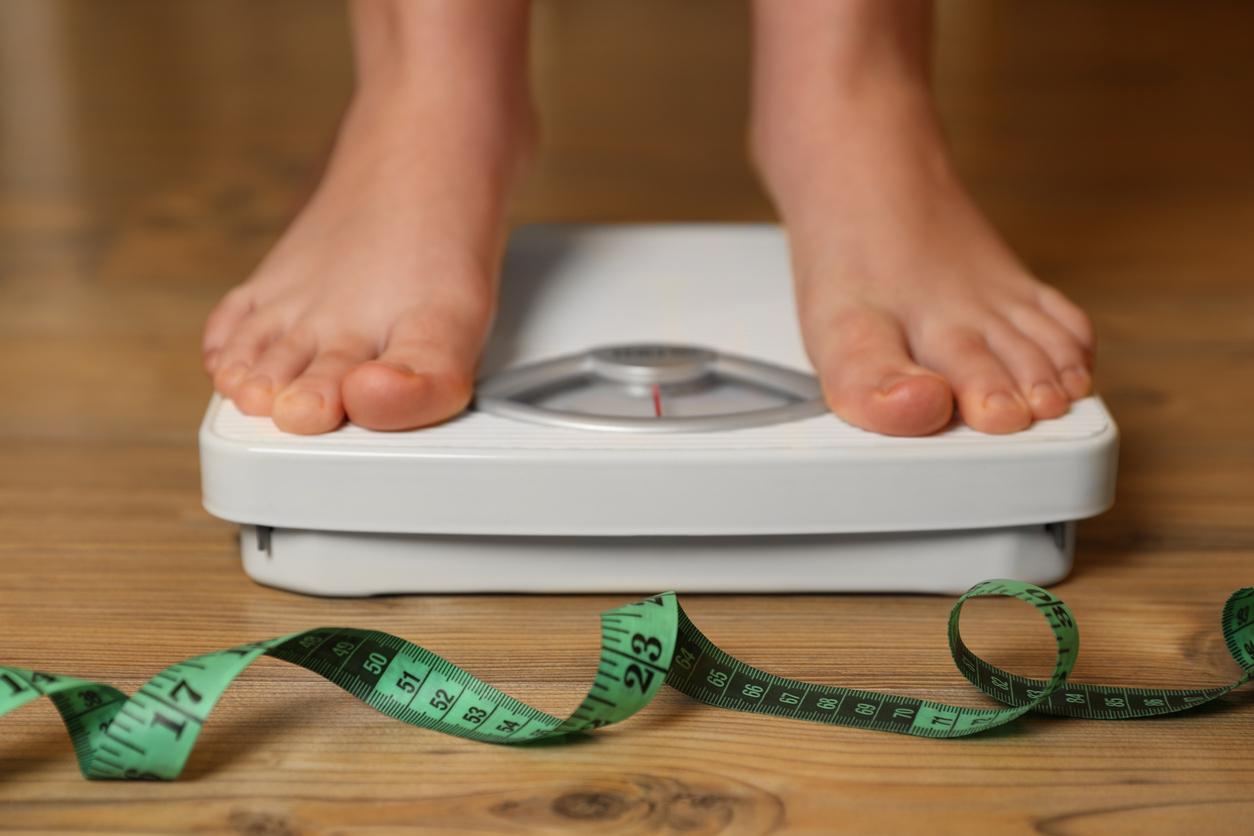Liraglutide, a drug commonly prescribed for adult obesity, shows promising results in reducing body mass index in children as well.
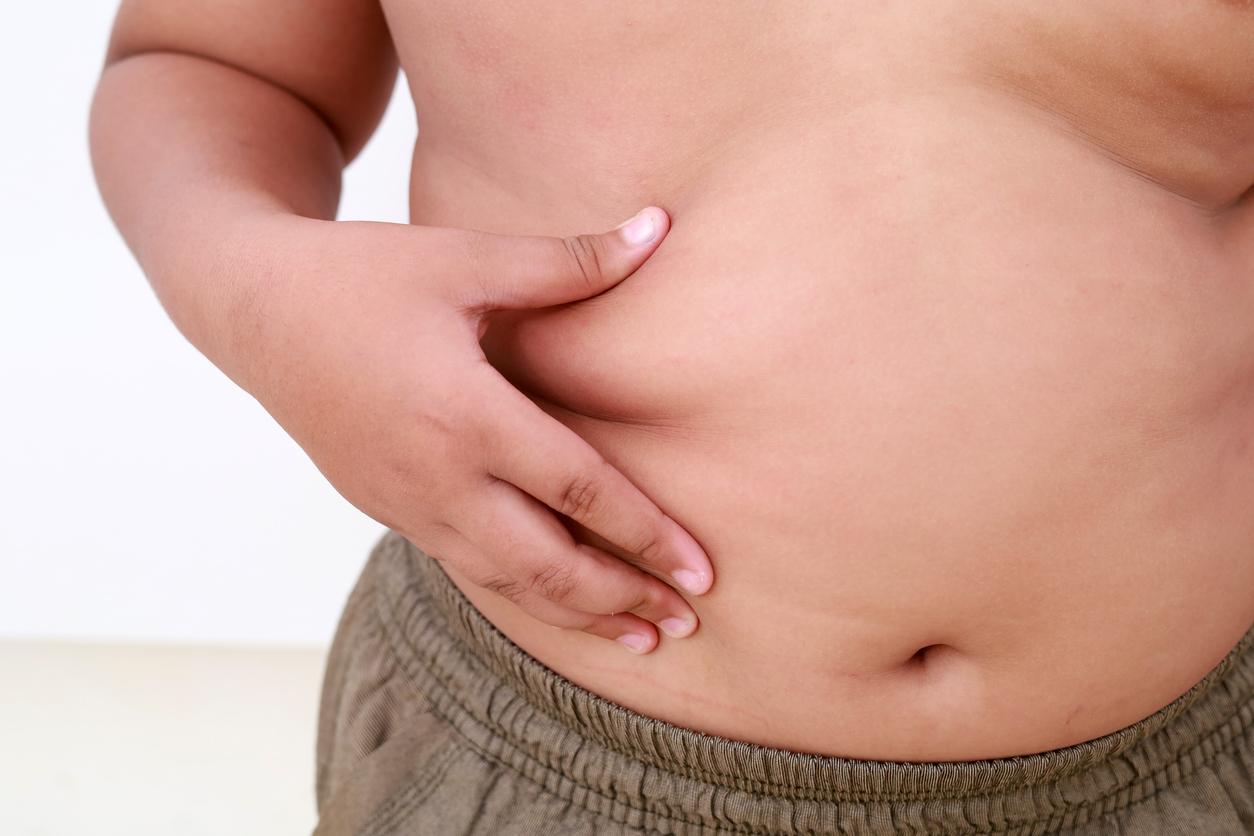
- Like Ozempic and Wegovy, which were originally designed to treat diabetes, liraglutide mimics and amplifies the action of the hormone GLP-1 to reduce appetite and feelings of hunger and promote a feeling of fullness after eating.
- Based on a study in 82 children, liraglutide appeared to be superior to placebo in terms of body mass index (BMI) and weight change.
- Although side effects, particularly gastrointestinal, were slightly more frequent with liraglutide, the drug was generally well tolerated.
Liraglutide, a drug againstobesity working on the same principle as the iconic Ozempic, has been shown to be effective and safe in children aged 6 to 12 years, according to new research presented at the annual meeting of the European Association for the Study of Diabetes (EASD) and published in parallel in the New England Journal of Medicine.
“Obesity is the most common chronic disease of childhood, but effective treatment options are limited to date, recall scientists from the University of Minnesota in the United States in a press release. The backbone of treatment is lifestyle changes – diet and physical activity – but when applied alone, the effects are modest. And, as yet, no drugs are approved to treat obesity in children under 12 years old.”
Liraglutide more effective than placebo against obesity
The SCALE Kids trial is the first study to examine the safety and effectiveness of liraglutide in children. Like Ozempic and Wegovy, which were originally designed to treat diabetes, liraglutide mimics and enhances the action of the hormone GLP-1 to reduce appetite and hunger and promote a feeling of fullness after eating. It is sold under the name Saxenda by Danish pharmaceutical company Novo Nordisk.
The researchers recruited 82 children aged 6 to 12 with obesity, more than half of whom had a health complication related to obesity, such as insulin resistance or precocious puberty. For more than a year, 56 children received daily injections of liraglutide (3 mg) and 26 received weekly injections of placebo. All also received personalized advice to encourage healthy eating and regular physical activity.
Result, “liraglutide appears to be superior to placebo in body mass index (BMI) and weight change”. Nearly one in two children taking liraglutide saw their BMI fall by at least 5%, compared with only one in ten children taking placebo. In detail, the mean change in BMI was -5.8% in children taking liraglutide and +1.6% for placebo, while the mean change in body weight was +1.6% for liraglutide and +10% for placebo. In addition, diastolic blood pressure (the lowest pressure in the blood vessels) and haemoglobin HbA1c (a measure of blood sugar control) improved more in children taking liraglutide.
A drug well tolerated by children under 12 years old
Although side effects, particularly gastrointestinal side effects, were slightly more common in the liraglutide group, they were no different from those seen in adolescents and adults taking the drug. Overall, “liraglutide was well tolerated and there were no new safety concerns”according to the researchers.
“Until now, children have had virtually no options for treating obesity, other than the injunction to ‘try harder’ with diet and exercise. Now, with the possibility of a drug that addresses the underlying physiology of obesity, there is hope.”











